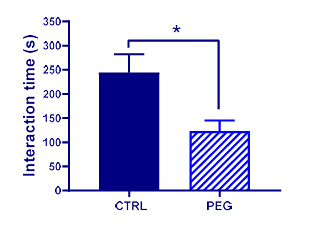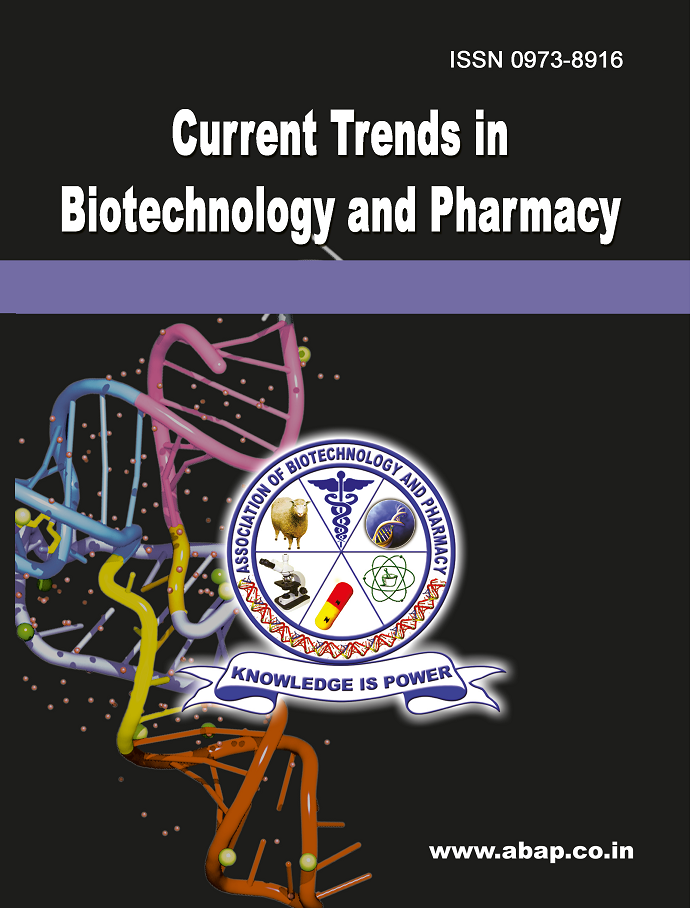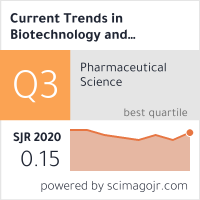Preliminary Report on PEG-Interferon-Induced Depressive- and Anxiety-like Responses in Mice
DOI:
https://doi.org/10.5530/ctbp.2023.4s.101Keywords:
Interferon, depression, anxiety, psychological wellbeing, preclinical modeAbstract
Interferon therapy is well-known for its association with medication or treatmentinduced depressive symptoms, which limits its clinical efficacy for the treatment of hepatitis, cancer, etc. In humans, conventional interferons and pegylated (PEG) interferons both demonstrated therapeutic efficacy and similar side effect profiles. However, in the preclinical model, while direct injection of conventional formulations is well established to induce depressive-like responses in rodents, the depressive-inducing effect of PEG-interferon is still debatable. Previous studies showed that PEG-interferon is ineffective; in this study, we adjusted the dosing and frequency of PEG-interferon treatment and have demonstrated encouraging preliminary results. In comparison with control mice, the PEGinterferon-treated mice showed elevated immobility time in the tail suspension test, lower interaction time in social interaction, and reduced locomotor activity in the open field test. All these data suggest that PEGinterferon, with an adjusted dose and frequency relevant to its clinical therapeutic regime, can cause significant depressive and anxiety-like responses and thus may be a potential model of interferon therapy-induced depression.



